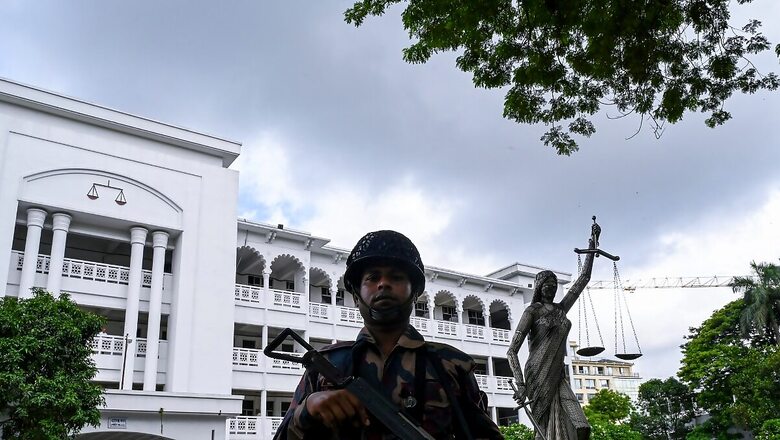
views
Bangladeshi student leader called for a 48-hour halt in protests on Monday following the Supreme Court’s decision to scrap most quotas on government jobs amid nationwide unrest that resulted in the deaths of more than 160 people. Here are the top updates from the violence-marred country:
Over 500 arrested
More than 500 people have been arrested in Dhaka over violence that has wracked Bangladesh and killed 163 people since students started protesting against civil service hiring rules, police said Monday. “At least 532 people have been arrested over the violence” since the unrest began, Dhaka Metropolitan Police spokesman Faruk Hossain told AFP. “They include some BNP leaders,” he added, referring to the opposition Bangladesh National Party.
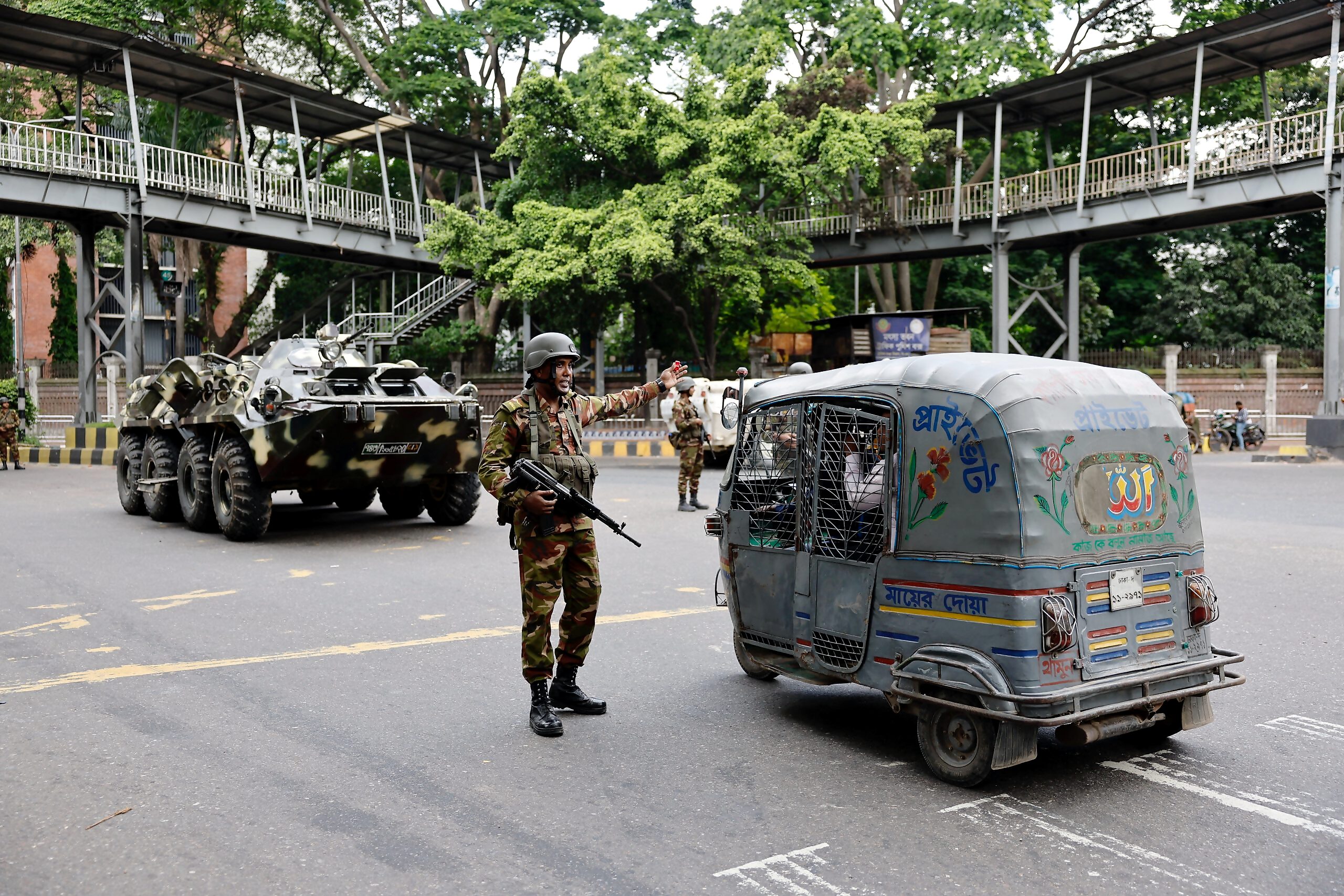
Nobel winner Yunus
Bangladeshi Nobel Peace Prize laureate Muhammad Yunus urged the international community on Monday to stop the deadly violence that has wracked his country since students started protesting against civil service hiring rules. “I urgently call on world leaders and the United Nations to do everything within their powers to end the violence against those who are exercising their rights to protest,” he said in a statement. “There must be investigations into the killings that have taken place already.”
UAE jails 57 Bangladeshis
The United Arab Emirates has handed prison sentences to 57 Bangladeshi expatriates for protesting against their government while in the Gulf country, where demonstrations are banned, state media reported Monday. Three were sentenced to life, 53 others to 10 years in prison and one to 11 years for organising and participating in rallies across the UAE, the official Emirati news agency WAM said, as deadly unrest sweeps Bangladesh.
Supreme Court’s Order
The Supreme Court’s Appellate Division directed that 93% of government jobs should be open to candidates on merit, according to Attorney General A.M. Amin Uddin. The Supreme Court directed the government to cut the job quotas for families of independence fighters to 5% from 30%, the attorney general said. The remaining 2% of jobs still subject to quotas are for people from so-called backward groups and the disabled, he added. The court asked protesting students to return to classes and also asked the government to issue orders on the quotas.
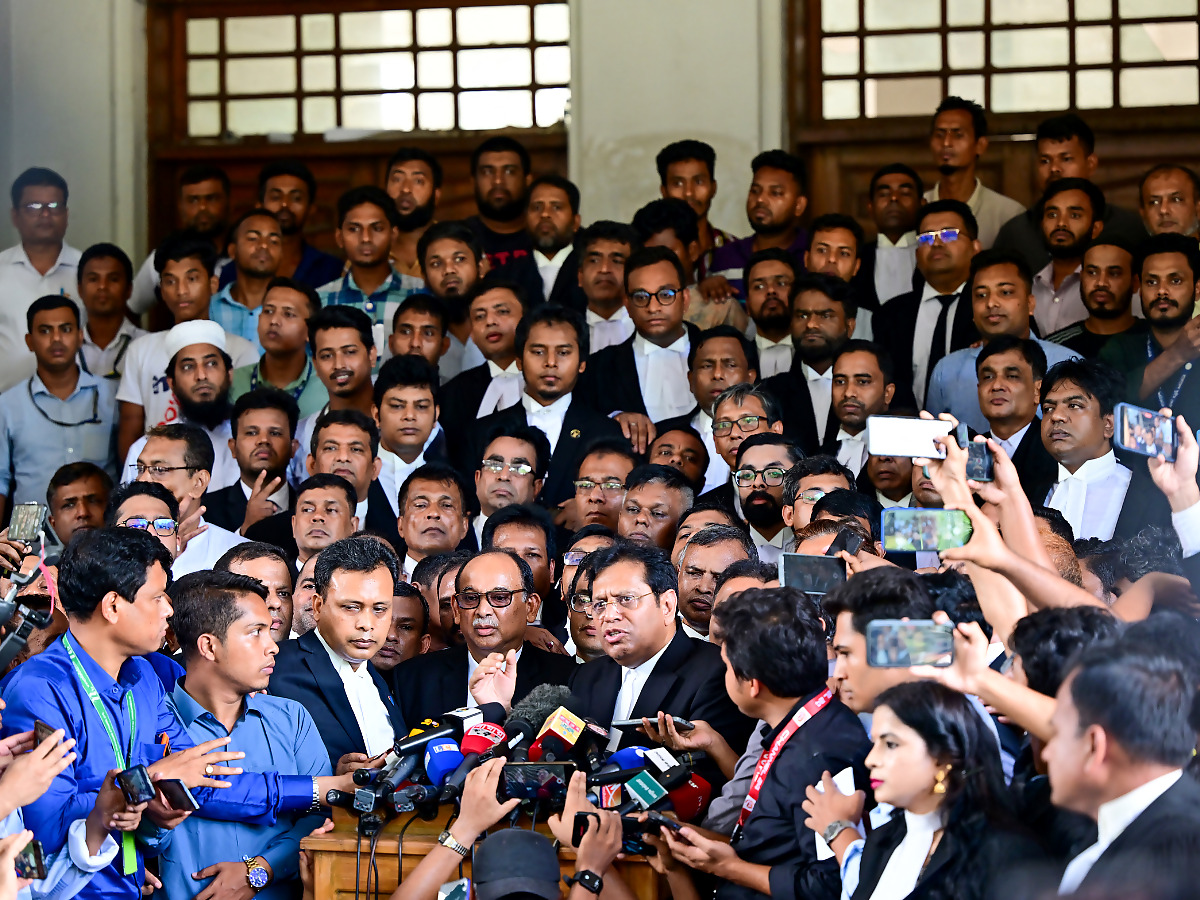
Clashes and Curfew
Many opposition leaders, activists and student protesters have been arrested in the current crackdown. Earlier, Bangladesh PM Sheikh Hasina’s government had scrapped the quota system in 2018, under which 56% of jobs were reserved for groups such as freedom fighters’ families, women and people from underdeveloped districts. However, the lower court reinstated it last month, sparking the protests and an ensuing clampdown.
The government on Saturday extended the curfew indefinitely, according to local media. Restrictions were eased for two hours on Sunday to allow people to shop for supplies. The clashes have injured thousands across the country in recent days, as police used tear gas, rubber bullets and sound grenades to disperse protesters throwing bricks and setting fire to vehicles.
India’s Response
More than 4,500 Indian students have returned home from Bangladesh as the neighbouring country continues to reel under violent clashes that have killed over 100 people. The Ministry of External Affairs (MEA) said on Sunday that 500 students from Nepal, 38 from Bhutan and one from the Maldives have also arrived in India. It said the Indian missions in Bangladesh are in regular touch with local authorities for the safety and security of Indian nationals.
“Thus far, over 4,500 Indian students have returned to India. The High Commission has been making arrangements for security escort for safe travel of Indian nationals to the border-crossing points,” the MEA said. It said the Indian High Commission in Dhaka and the assistant high commissions in Chittagong, Rajshahi, Sylhet and Khulna have been assisting the return of Indian nationals home.
West Bengal Row
Hours after West Bengal Chief Minister Mamata Banerjee offered shelter to people in distress from Bangladesh, sources in the Central government said a state administration has no locus standi on the issue. These matters are handled by the Union government and the comments are “totally misplaced”, the sources said. In an address at a public event in Kolkata, Banerjee, referring to violence-hit Bangladesh, said she would keep the doors of West Bengal open for people in distress from the neighbouring country and offer them shelter.
“These are matters which are handled by the Union government,” said a source in the Central government. “A state government has no locus standi on the issue and as such their comments are totally misplaced,” the source said. In her remarks, Banerjee also referred to the UN Resolution on refugees as justification for her stand over the possible humanitarian crisis that may emerge on account of the severe law and order breakdown that has gripped Bangladesh.
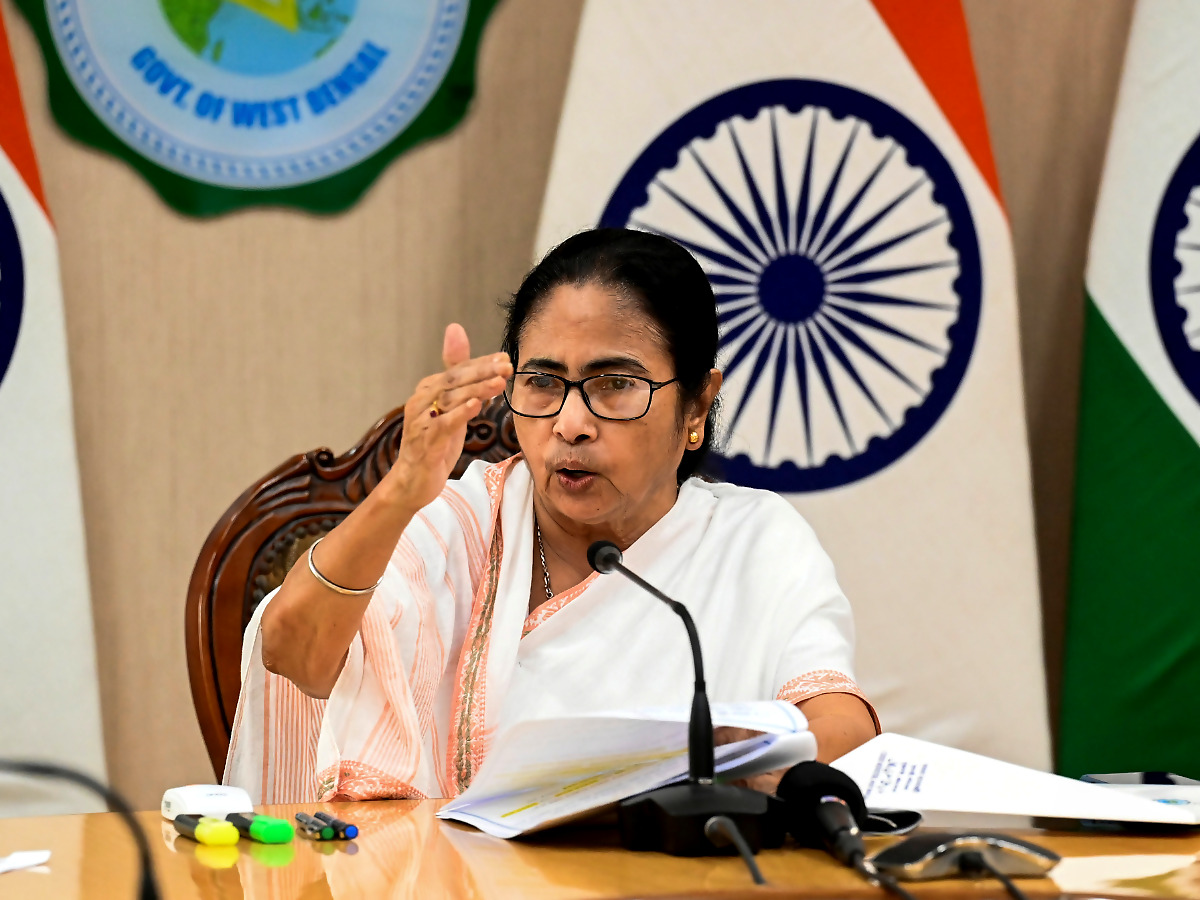
Public Gatherings, Internet Services
In Bangladesh, internet and text message services have been suspended since Thursday, as security forces cracked down on protesters who defied a ban on public gatherings. At least four protest coordinators told BBC Bangla that they planned to continue their action until they secured the release of some detained student leaders and the restoration of internet and other cellular services.
“The judgment of the Supreme Court seems unclear to us. There is no clear-cut solution for all types of quotas,” said Abdul Quader, one of the coordinators. Soldiers have been patrolling the largely deserted streets of the capital Dhaka since the government ordered a curfew late on Friday. A tank was stationed outside the Supreme Court gates at the time of the hearing. Local media had reported scattered clashes earlier in the day between protesters and security forces.
Economic Churn, Job Growth
Experts attribute the unrest to stagnant job growth in the private sector and high youth unemployment, making public sector jobs with regular wage hikes very attractive among the group who make up nearly a fifth of the population. Bangladesh also faces economic difficulties and secured a $4.7 billion bailout from the International Monetary Fund in January last year after struggling to pay for energy imports, which cut into its dollar reserves and fanned inflation. Hasina, 76, who won power for a fourth straight term in January, has been credited with turning around Bangladesh’s economy and its garment industry.
(With agency inputs)
















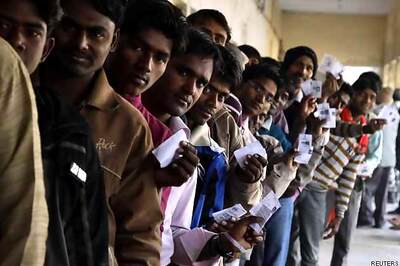


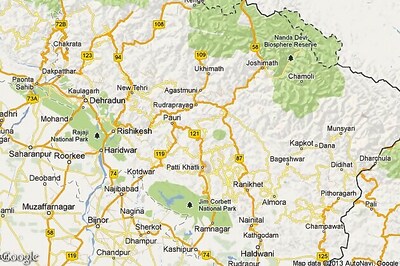
Comments
0 comment